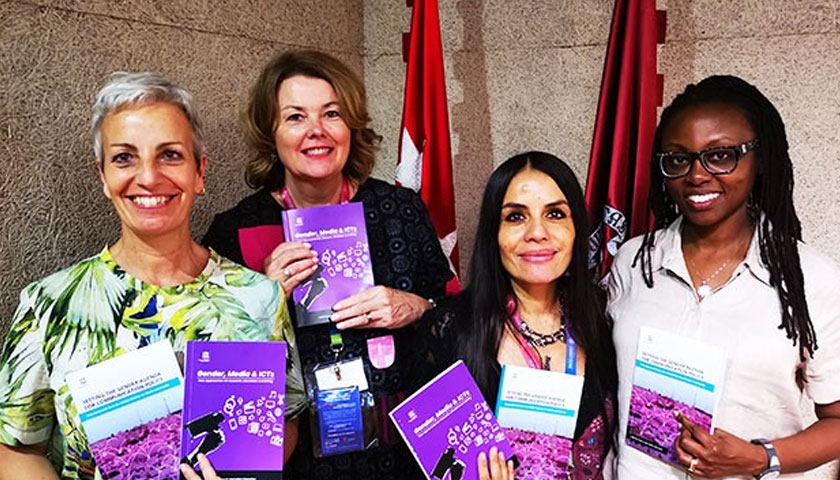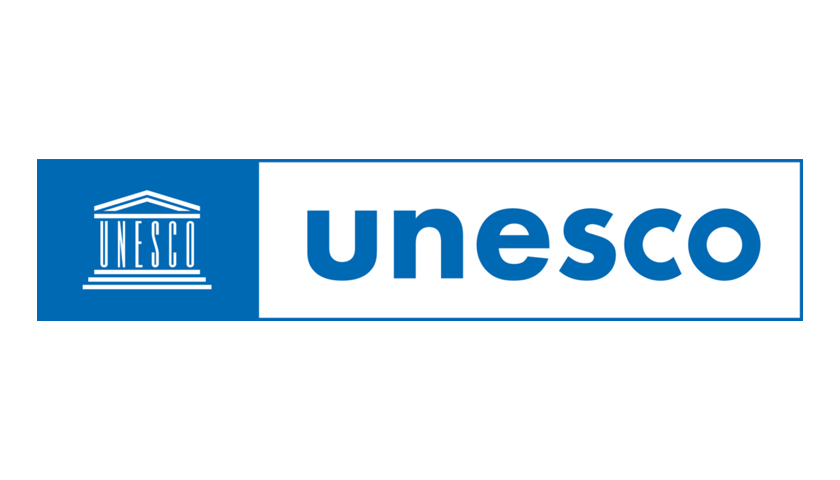Academics from around the world snapped up copies of two new UNESCO publications this week, in a well-attended session organised at the annual conference of the International Association for Media and Mass Communication Research. E-copies are available at this link.
The books are titled “Setting the gender agenda for communication policy- new proposals from GAMAG”, and “Gender, media and ICTs – new approaches for research, education and training”.
The first is published in association with the Global Alliance for Media and Gender (GAMAG) (link is external), and the second with the UNESCO UNITWIN network for Gender Media and ICTs (link is external).
They were produced on the basis of an earmarked grant by the Kingdom of The Netherlands awarded by UNESCO’s International Programme for the Development of Communication.
Amongst the topics covered are gender inequality in the structures and decision-making in media and Internet companies, and in media content. Violence against women in media and social media are also featured.
Sara Macharia, co-editor with Aimée Vega Montiel of the GAMAG book, said: “We hope that media professionals will take on board these position papers, which are also great as an advocacy tool covering the entire panorama of media actors including community radio and communications regulators.” She also signaled accompanying video resources produced as part of the project.
Lisa French, one of the editors of the UNITWIN book, said of this publication: “These syllabi were developed with input by academics from 10 countries across five regions, producing cross-cultural insights – it is a truly international resource”.
She stated that instead having gender as just being one section in a wider publication, the topic “totally pervades the whole”, and added that the book was underpinned by UNESCO’s Gender Sensitive Indicators for Media (GSIM).
Earlier in the day, the General Assembly of GAMAG members adopted the organisation’s constitution, code of ethics and an addendum setting out its relationship to UNESCO. Initiated by UNESCO at the first Global Forum on Gender and Media in Bangkok, Thailand, in December 2013.
As an independent network, the alliance now assumes full responsibility for its operations, working in close communication and consultation with UNESCO.
This entails collaborating closely with UNESCO in programs concerning gender and media, and promoting these programmes among the GAMAG membership, including: implementation and follow-up of the GSIM, pursuit of the Scholarly Agenda for GAMAG released in 2014, and UNESCO’s annual gender equality initiatives or similar campaigns.

